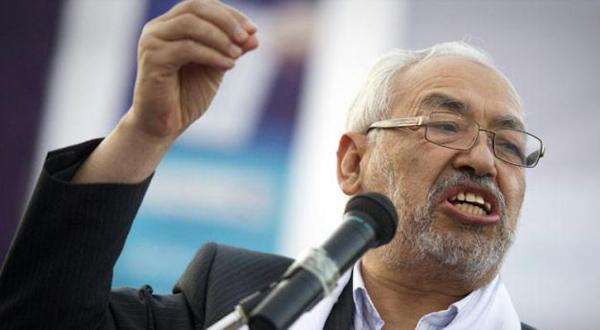Tunisia- Tunisia’s Islamist Ennahda party, headed by Rashid al-Ghannouchi, is expected to officially announce Friday during its 10th conference, which will be held in southern Tunisia, separating its religious activities from political ones and becoming a civil party.
On March 1, 2011, after the government of Zine El Abidine Ben Ali collapsed in the wake of the Tunisian revolution, Tunisia’s interim government granted the group permission to form a political party.
From 2011 until early 2014 Ennahda Movement led the “Troika,” which is an alliance among the three parties Ennahda, Ettakatol, and Congress for the Republic (CPR), and ruled in Tunisia after the 2011 Constituent Assembly election.
The party stepped down in January 2014 in order to make way for the final drafting of a constitution by a neutral interim government, followed by planned elections based on the new constitution.
Troika had to step down for a nonpartisan government in order to save the country from a severe political crisis it was living after the assassination of two of its most prominent Islamist opponents in addition to members of the security forces and the army in attacks carried out by extremist groups.
In 2014, Ennahda movement lost the legislative elections that were won by “Nidaa Tounes” Movement, which was established by President Beji Caid Essebsi in 2012 in order to stand up to the Islamists and create political balance with Ennahda Movement.
In a common matter, Associate Researcher at the Middle East program at the European University Institute in Florence Hamza Meddeb told AFP that Ennahda Movement is no doubt a major player in Tunisia’s political arena.
He confirmed that it remained united despite all hardships and divisions among its members.
On the other hand, the three-day 10th congress will be launched today in Rhades. Leaders say the congress will take the formal step of making the separation between political and Islamic activities.
Ghannouchi, 74, who is expected to be re-elected as party head barring any last-minute surprise, said: “We are heading towards a party which specializes in political activities.”
He told French daily Le Monde there was no room left in post-Arab Spring Tunisia for “political Islam.”
“Tunisia is now a democracy. The 2014 constitution has imposed limits on extreme secularism and extreme religion,” he was quoted as saying.
“We want religious activity to be completely independent from political activity.
“This is good for politicians because they would no longer be accused of manipulating religion for political means and good for religion because it would not be held hostage to politics,” said Ghannouchi.
“We are leaving political Islam and entering democratic Islam. We are Muslim democrats who no longer claim to represent political Islam,” he added.
He described Ennahda as a “political, democratic and civil party” but said its point of reference remains rooted in the values of ancient and modern Islam.
For his part, Hamza Meddeb said after this conference there will not be Ennahda that was inspired by Egypt’s Muslim Brotherhood. Instead, Tunisia will have a movement that seeks to become civil and democratic along with maintaining its Islamic reference.
